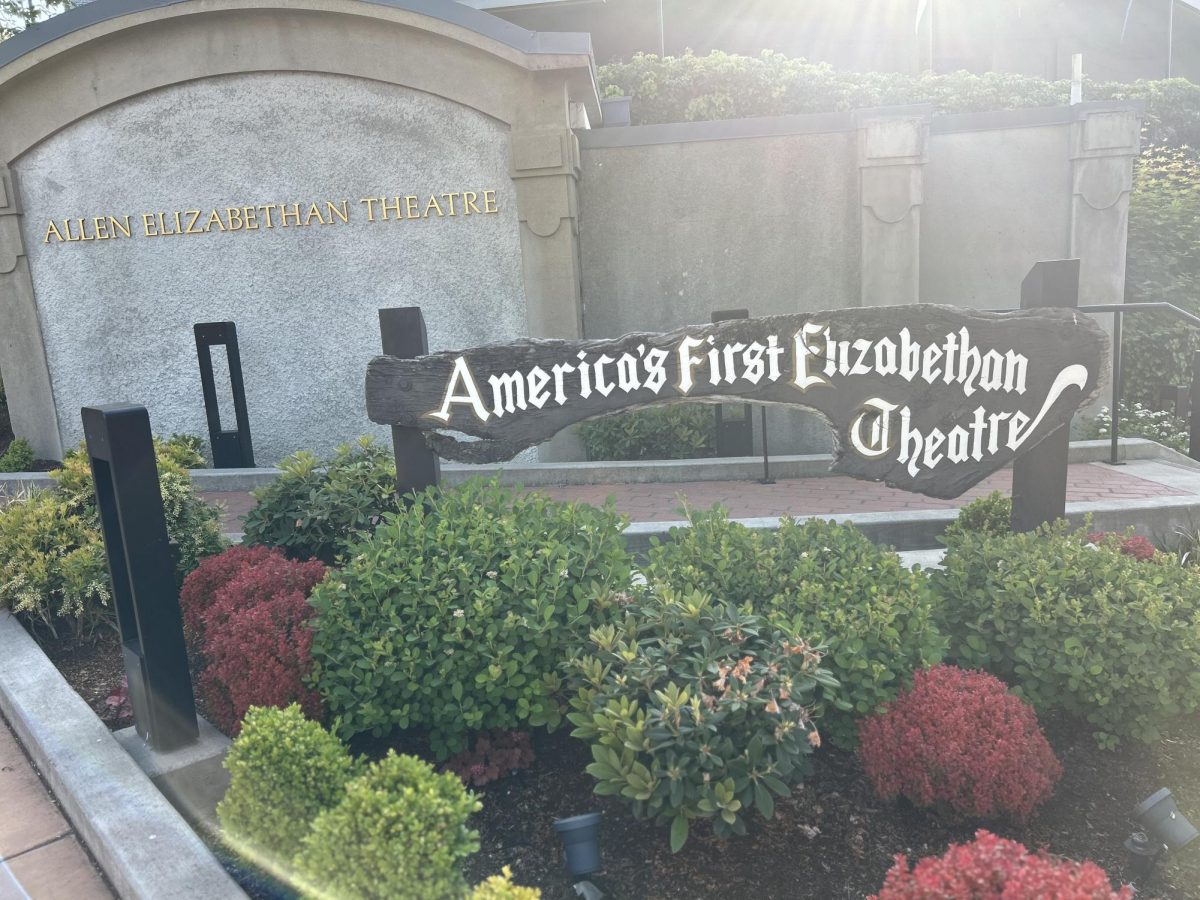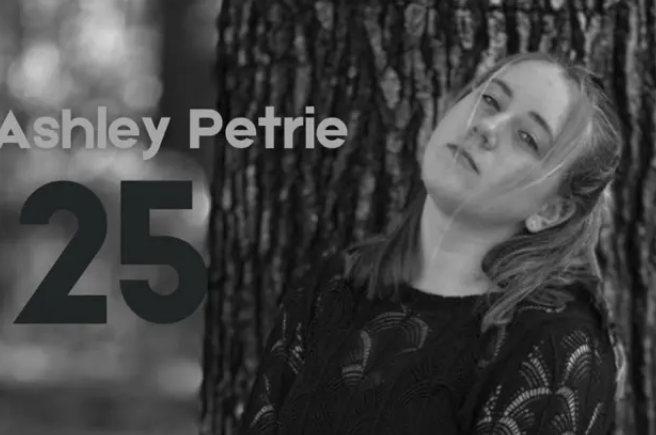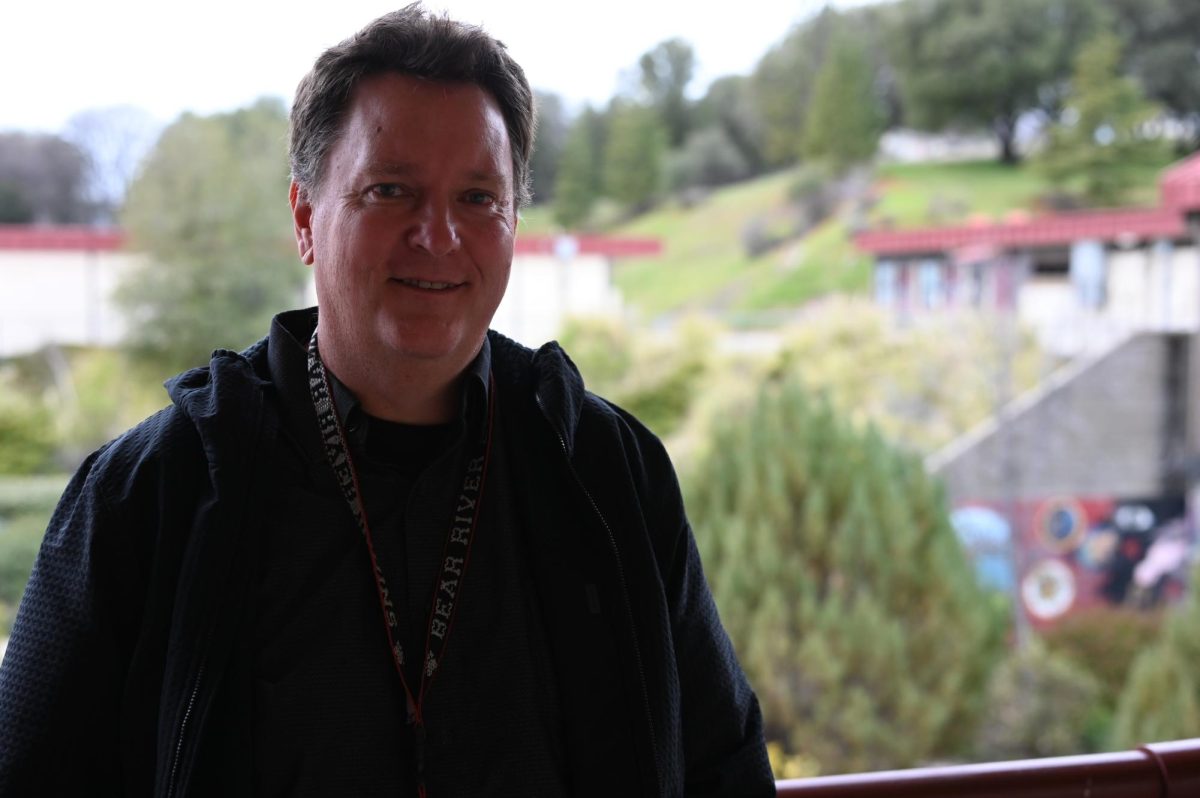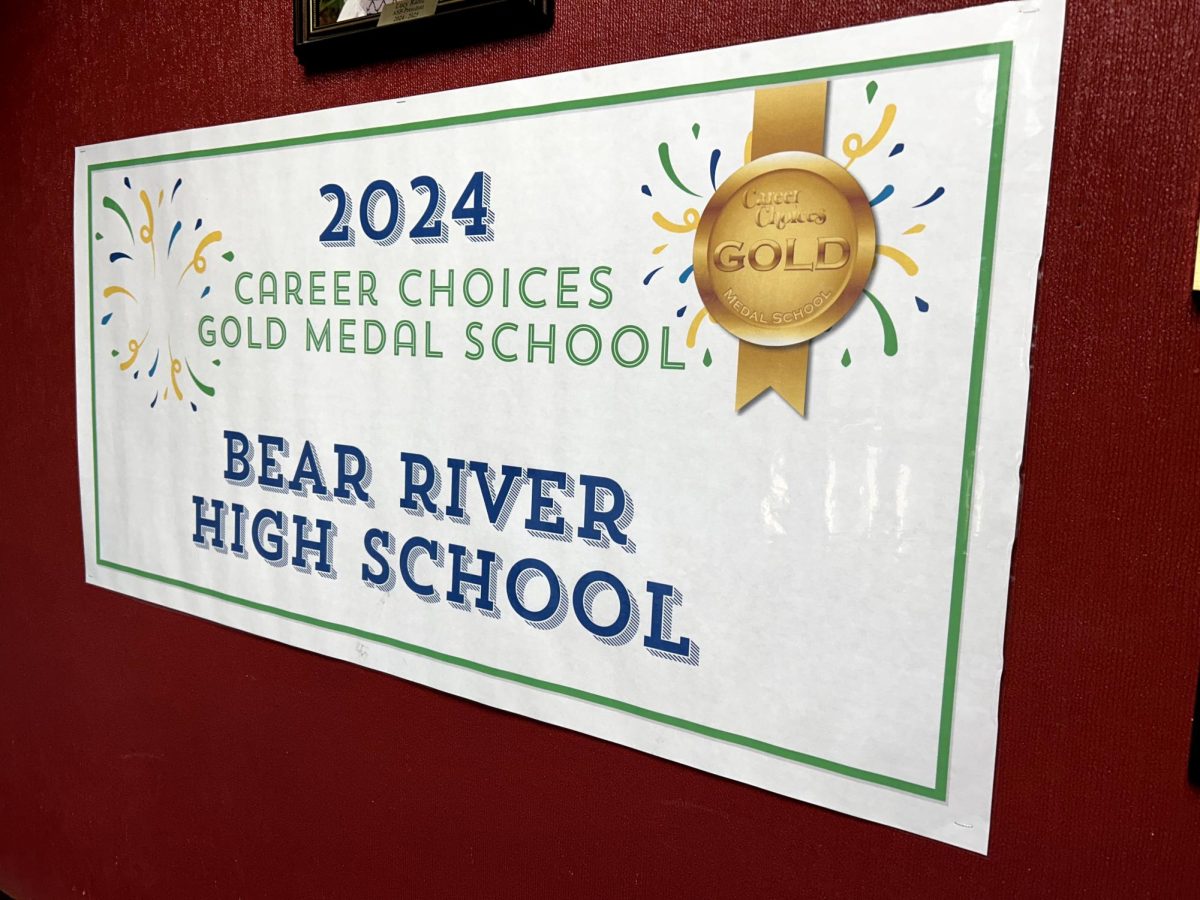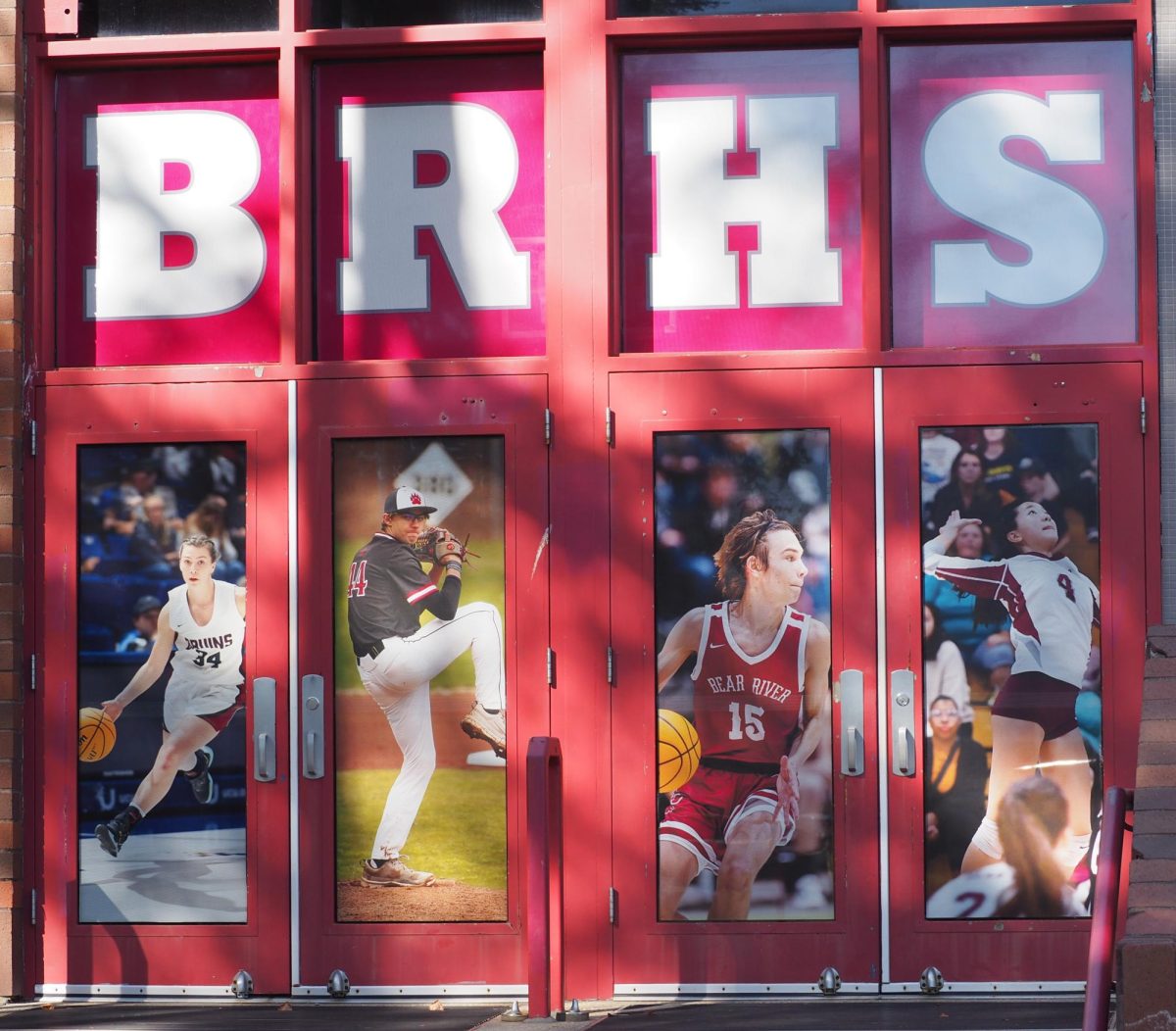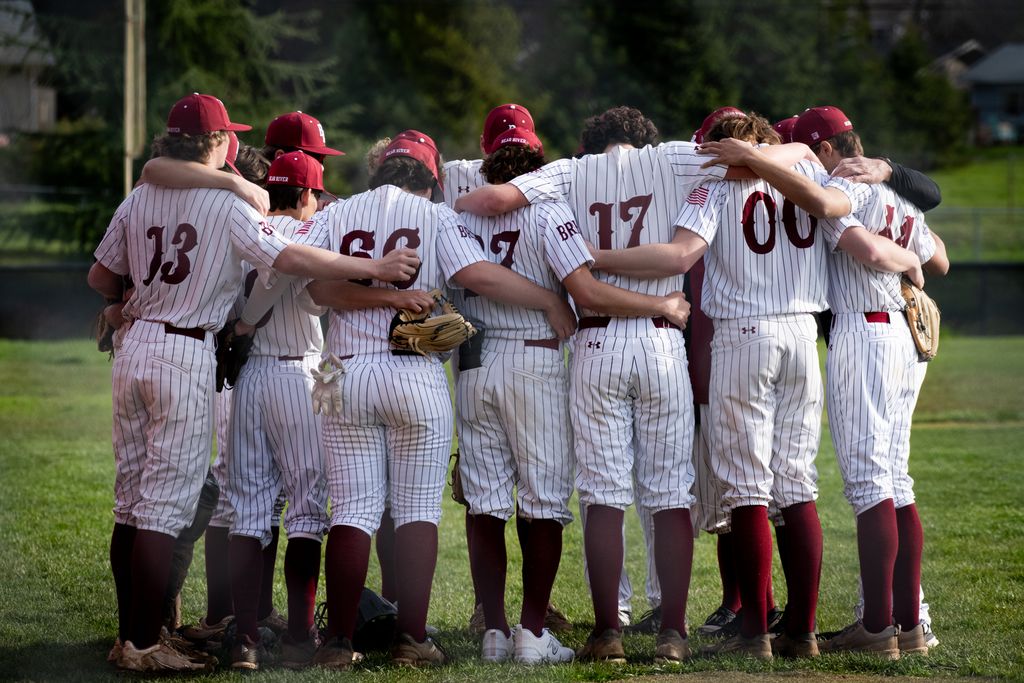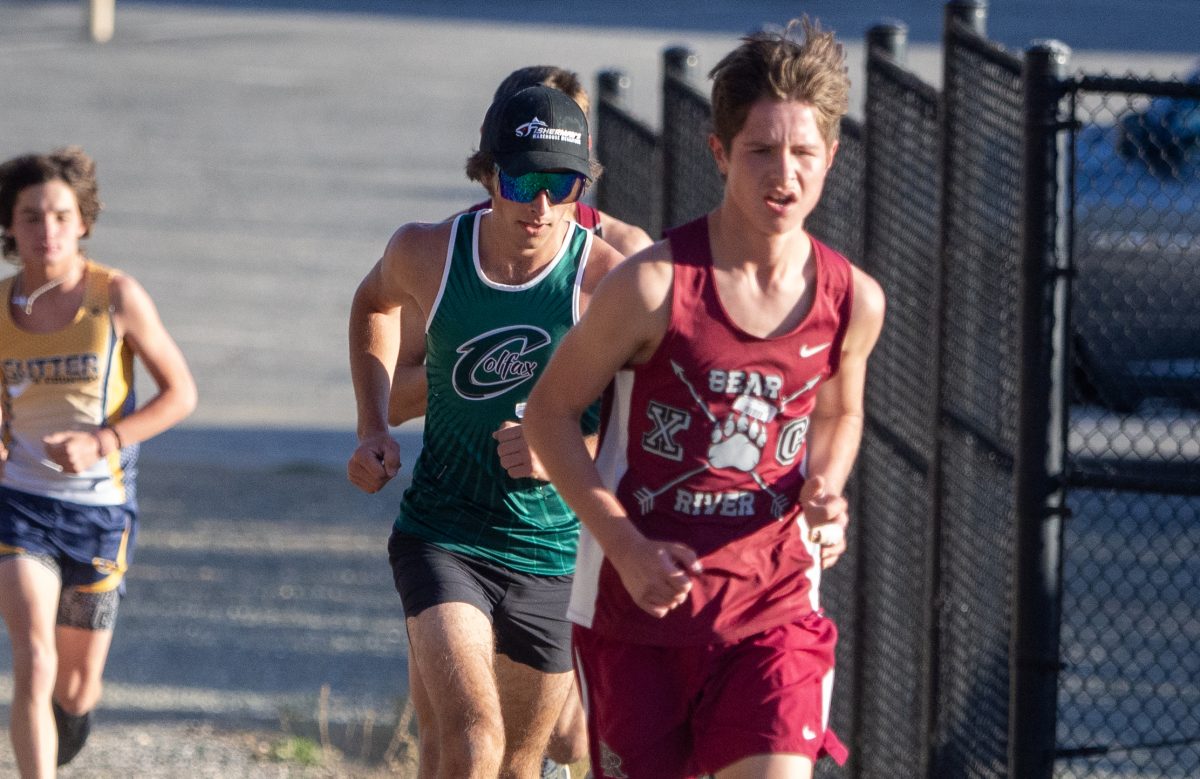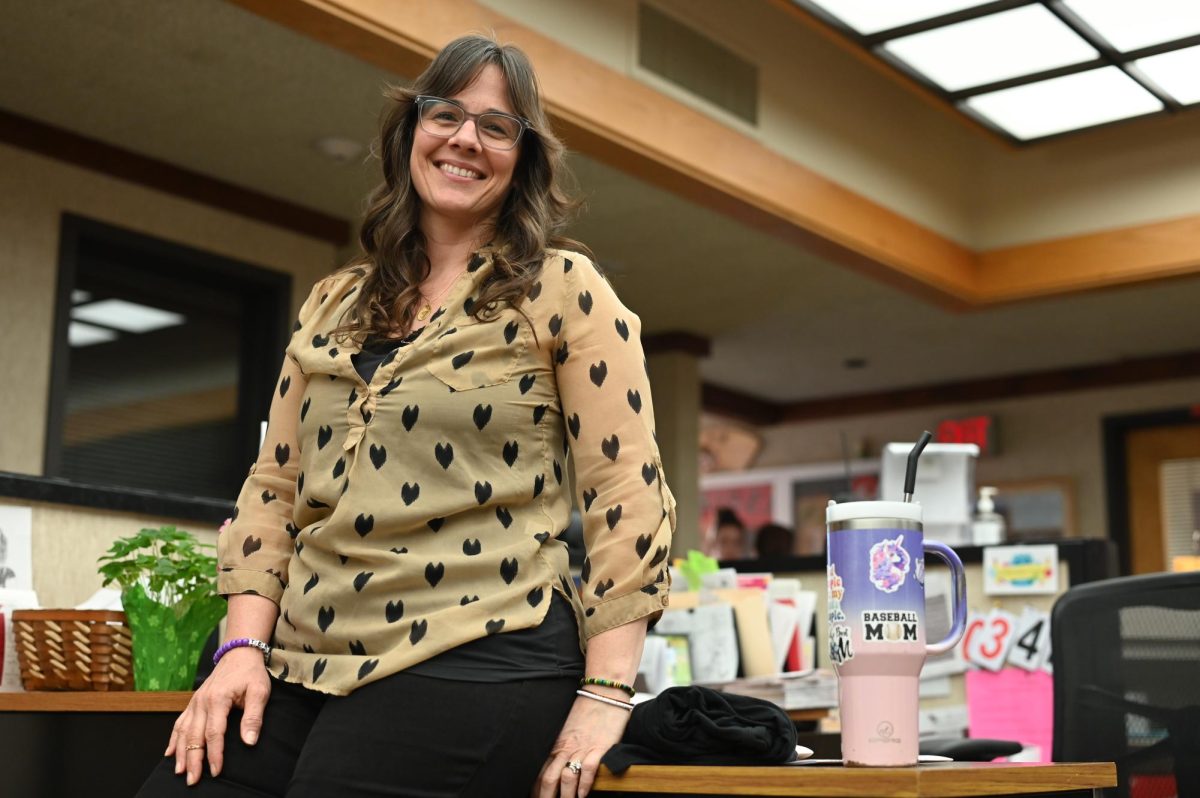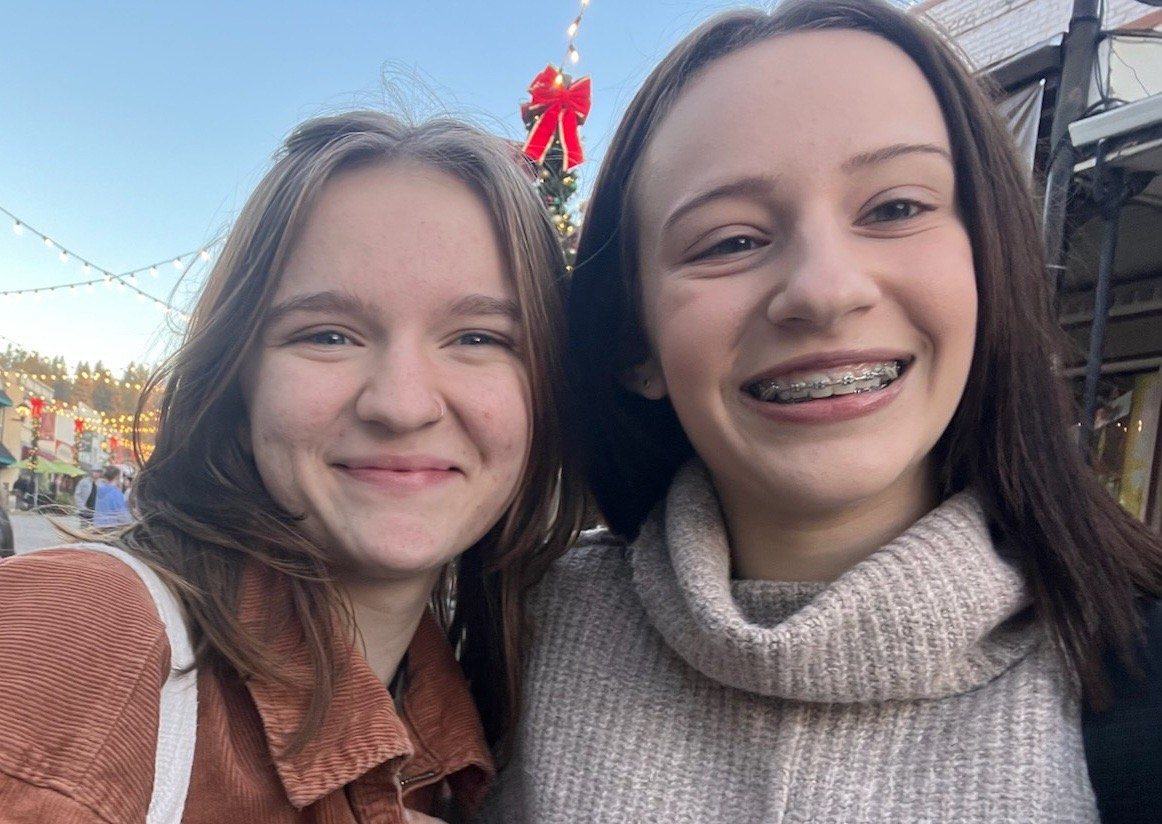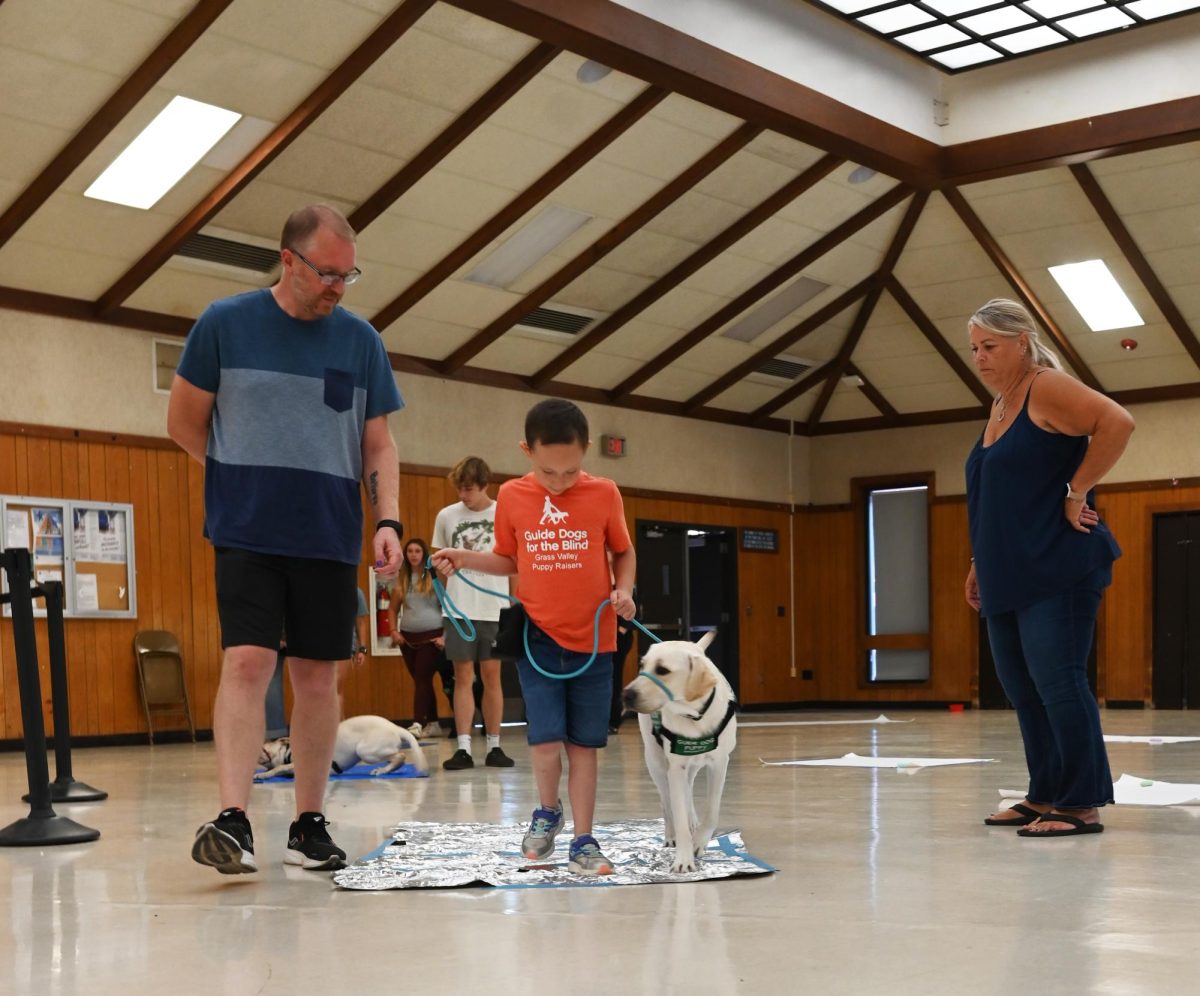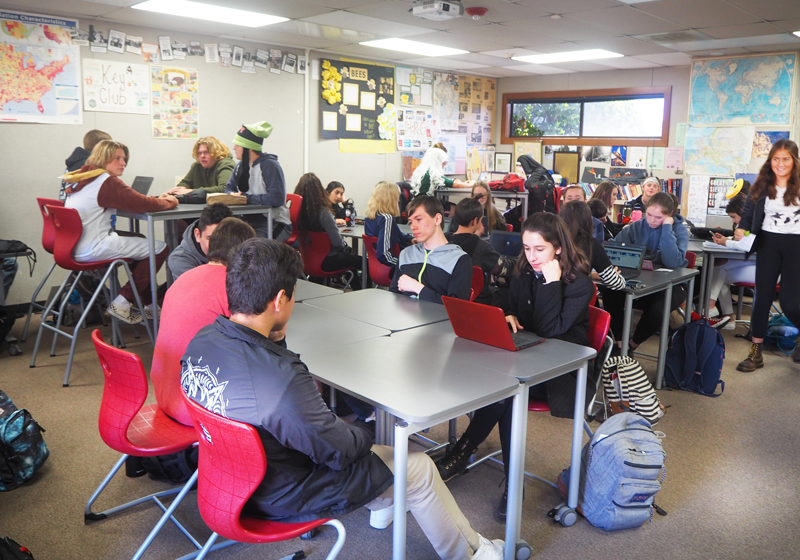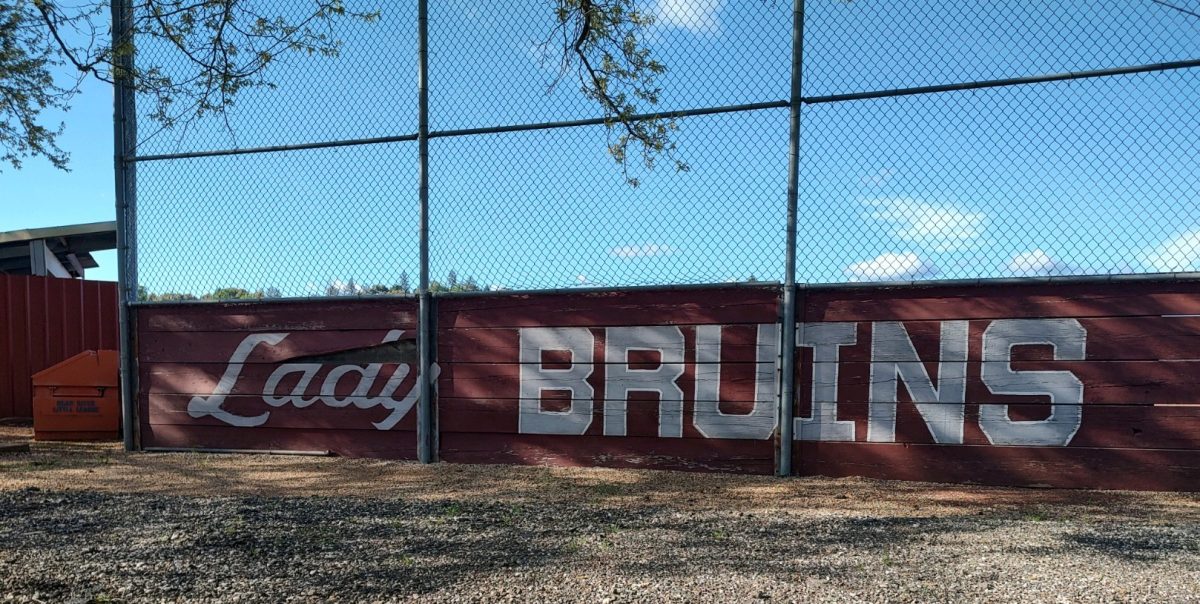Politics is an essential, yet controversial, part of human history — especially in 2019. The subject of politics is difficult to understand since there are so many ideals that conflict with one another. To better understand the confusing mess of different opinions, beliefs, and ideologies, should politics be discussed as part of the high school history curriculum to better help students form their own beliefs? Or are politics too tense and argumentative that it should be left out of the classroom?
Andrew Jeffers, a junior, had a mixed opinion on the matter.
“Well, it depends on the kind of politics,” he said. “Back then, like George Washington and Abraham Lincoln, those politics were peaceful – it’s an actual debate. With the politics now, it’s head-on war basically. Everyone is just complaining about their lives when they’re 13 and can’t even vote.”
History teacher Trent Duffey also had something to say about the topic.
“It would be very difficult to teach any history class without knowing the politics behind a nation or civilization,” he said “History and politics go hand in hand. The political landscape of a nation is often the vehicle that drives the decision-making of that nation. That said, I believe that public school classrooms should never be used as a platform, or a vehicle if you will, to promote personal political opinions.”
Sophomore Chase Milligan had a similar opinion.
“Yes, I think it should be discussed in class, but not mainly one side or the other,” he said. “They should keep a balanced approach.”
If politics were discussed in history classes, do the consequences outweigh the benefits? Will students actually listen to another’s political beliefs with an open mind?
Junior Kadin Dooley was able to explain the topic’s consequences if it was included in high school history curriculum.
“The pros would be to develop more understanding, so when you are an adult, you can make educated decisions about what you need,” he said. “Some of the cons would be a teacher promoting one thing. As long as you acknowledge both parties, there’s nothing you can confirm nor deny, everyone has their own opinions and they’re entitled to that. People do fight about it, but you can have your own opinions about everything. There’s not a single thing in the world you can’t have an opinion about.”
With our current President, citizens of Hong Kong resisting integration into China, and the turmoil in the Middle East, the world of politics today is becoming steadily more controversial. So the question remains – should students have modern politics explained to them? Or is it too controversial that it would just cause arguments to disrupt class?
Junior Brody Russell explained his opinion on the issue
“I feel like it should be talked about, but it only deserves to be talked about when the teacher reads the certain section in the book,” he said “There’s a certain section in the book that just gets up to more modern politics in the last 50 years. I feel like the teacher should talk about politics when it’s relevant to the book and what we’re learning.”
Mr. Duffey agreed with Russell, keeping an unbiased stance on the matter.
“When modern politics are taught, they should be taught with an unbiased opinion,” he stated. “Each student should have the opportunity to learn history (and the politics that go with it) without propaganda or personal interest or bias. While this perfect educational scenario is not always humanly possible, it is the ideal that should be constantly strived for.”
It can be said that most agree that politics are important in our modern culture as well as in history class as long as they relate to the lesson. If students do want to learn more about the adult world they will soon be entering,they will need to be presented with only the facts, and keep an open mind as to what’s truthful or not.
Jeffers had one last thing to comment on about politics in history,
“We’re teenagers, politics doesn’t apply to us until we’re 18,” he said. “We do have to learn, but I feel like it’s better for us to learn on our own instead of a teacher tell us.”
We should discuss politics in history class as part of the curriculum, because it’s a very confusing thing to understand properly. There are those who would try to deceive you to the truth, lying about this one person or group to spread their own agenda. We teens need to know the truth when it comes to the current ideals of the major parties and how to research who to trust, what facts to listen to. When we’re out in the real world we need to know how to think and vote for ourselves.


